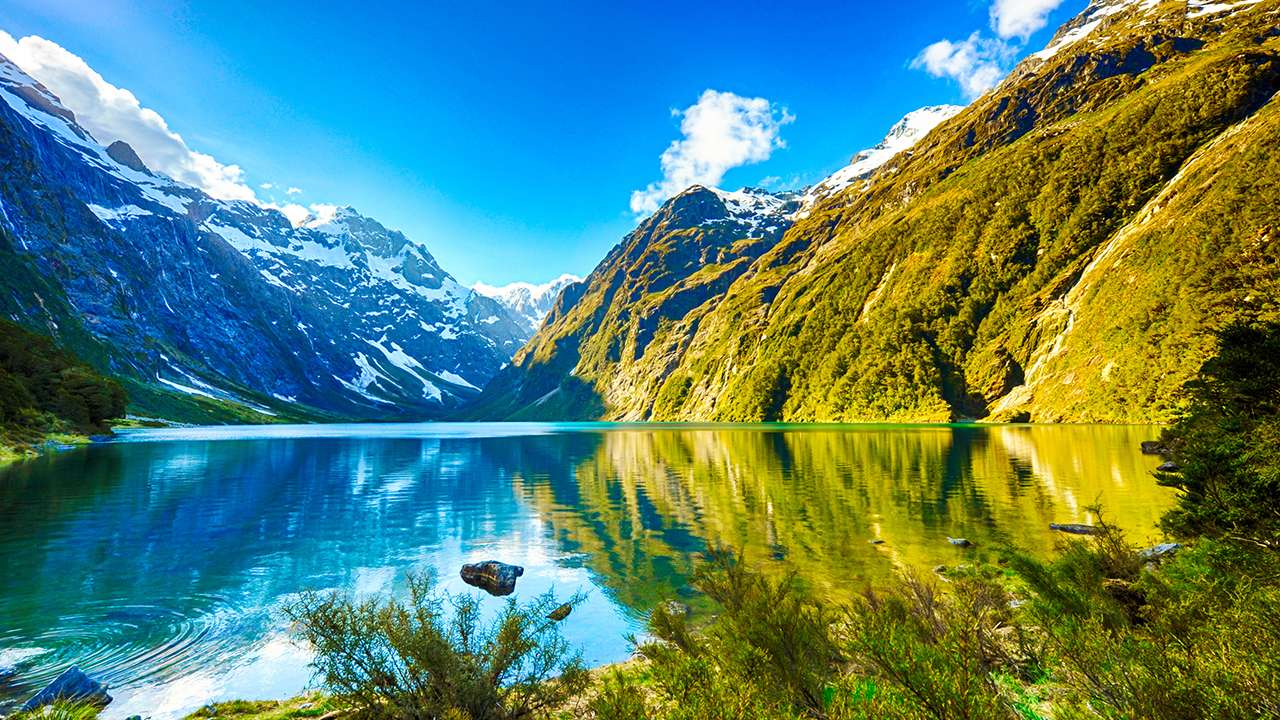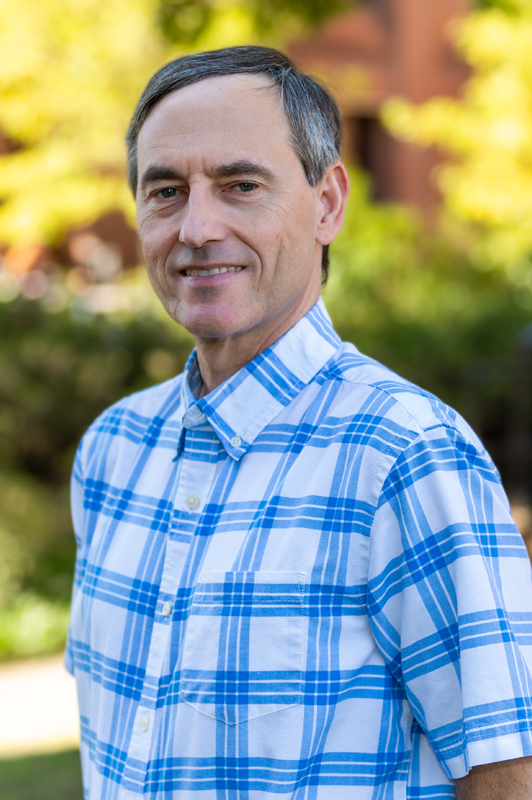New Engineering Global Programs opportunity takes students to New Zealand
Published: Feb 17, 2025 9:00 AM
By Dustin Duncan
A new study abroad program through Engineering Global Programs will take Auburn Engineering students to the South Pacific, immersing them in the environmental landscapes of New Zealand.
The three-week faculty-led program with Robert N. Dean, the McWane Endowed Professor in the Department of Electrical and Computer Engineering, Elizabeth Gowan, academic advisor in electrical and computer engineering and Ann Ojeda, assistant professor in the Department of Geosciences, will guide students through New Zealand’s unique geology, indigenous culture and the development of cutting-edge environmental sensor technologies to address environmental challenges.
Dean said students will gain hands-on experience through field trips to geothermal reserves, dairy farms and protected ecosystems while critically examining the interplay between people, cultures and the environment.
The idea for the three-hour course began during Dean’s recent sabbatical at the University of Waikato in New Zealand.
While at the University of Waikato, he explored developing an exchange program between Auburn and Waikato but soon realized a study abroad program would be an added benefit.
After discussing it with Elizabeth Gowan, academic advisor in Electrical and Computer Engineering, they decided to expand the program to include students from the College of Sciences and Mathematics (COSAM).
Undergraduate and graduate students are welcome to apply to the program, which focuses on environmental sensors and applications. Dean said New Zealand is ideal for sensor research due to its diverse environmental science opportunities.
“It pretty much has everything. Pollution is a problem there because agriculture is the No. 1 industry, and that's the cattle region for the country. You see milk trucks everywhere hauling raw milk from farms to processing plants,” he said. “Cattle and sheep produce a lot of nitrates that get into the water, and it's toxic, so there's a large effort to try to protect both industry and the environment.”
Students will tackle questions such as how to set up sensors to monitor certain conditions, determine if locations are favorable for forest fires or assess drought risks.
“It’s really going to put some of these students in real-world environments that you're not going to find in the southern United States,” Dean said. “You have to go to Yellowstone or the West Coast to see some of these things. But when we’re over there, you’ll have access to all these diverse ecosystems within a couple of hours of one another. It’s truly a unique academic experience.”
Dean and Ojeda host information sessions every Wednesday at 3 p.m. either in person or online. Undergraduate students must complete 15 STEM credit hours before traveling and have at least a 2.25 GPA.
The deadline to apply to the program is Feb. 27. To apply, click here.
Media Contact: , dzd0065@auburn.edu, 334-844-2326


